|
The people of Mozambique have cast their votes and are now waiting for the results. The period leading up to the poll was violent, with 44 deaths reported in as many days of campaigning. David Matsinhe unpacks what lies behind the violence, and what it says about the country’s political landscape.
Some people opt to be buried after they die. Others choose cremation or, in some parts of the world, eco-friendly approaches. Donating your body to teaching and research may sound a little scary at first. Brendon Kurt Billings and Kimberleigh Ashley Tommy explain why it’s worth considering.
|
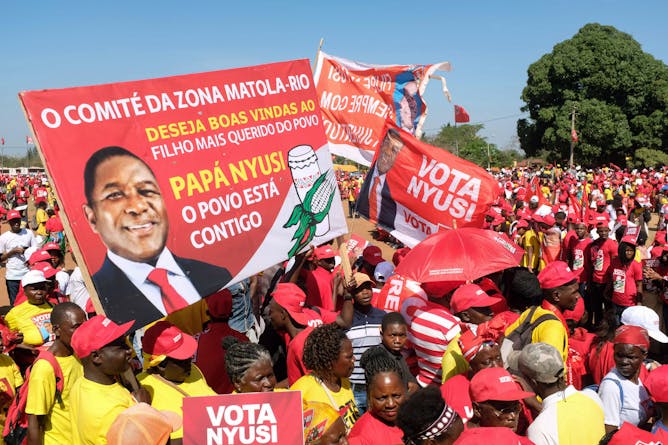
Supporters of presidential candidate Filipe Nyusi’s Frelimo party on the last day of election campaigns in Maputo on October 12, 2019.
David Matsinhe, Carleton University
During the campaign, partisans of all political stripes were responsible for the violence. But Frelimo supporters were far more aggressive and violent.
|
Science + Technology
|
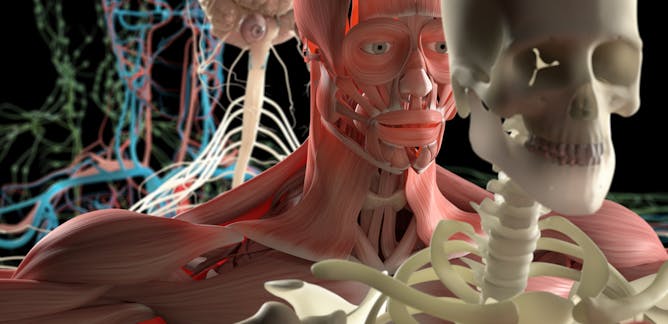
Brendon Kurt Billings, University of the Witwatersrand; Kimberleigh Ashley Tommy, University of the Witwatersrand
Dissection also plays an important role in introducing students to death. It provides moral and ethical training for students as well as a humanistic approach to patient care.
| |

Jeff Kettle, Bangor University
Don't expect the new technology to become solar's dark twin just yet, but it could play an important role in energy demands of the future.
|
|
|
Politics + Society
|
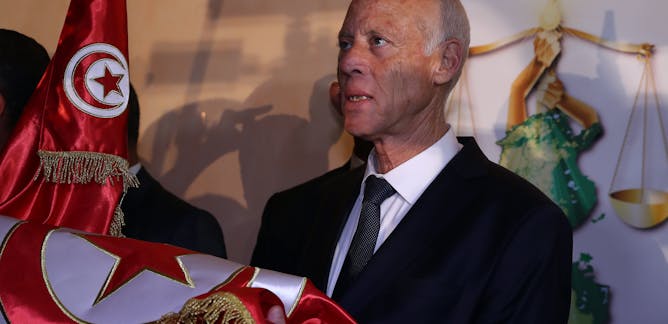
Omar Safi, University of Portsmouth
Parts of Tunisia's political discourse look a lot like its colonial past.
| |
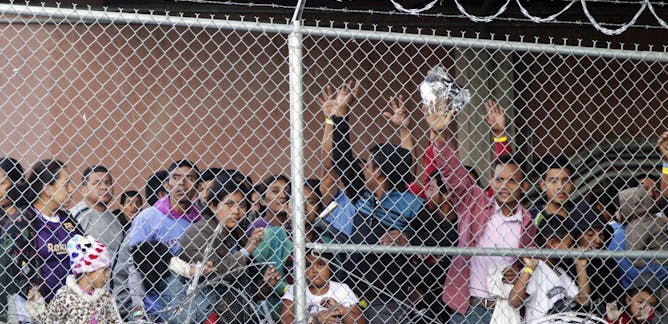
Aidan Forth, MacEwan University
Concentration camps are by no means only synonymous with Nazi terror or totalitarianism. In fact, concentration camps have deep roots in the culture and politics of Anglo-American liberal democracies.
|
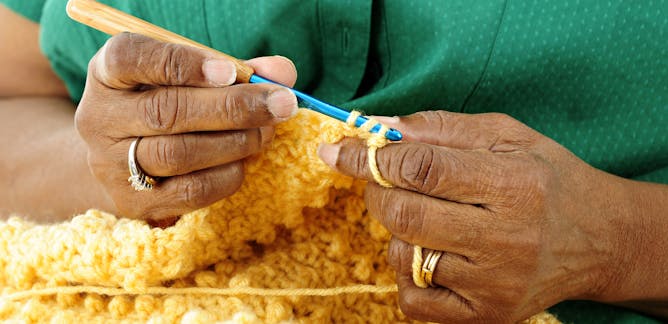
Kathleen Kahn, University of the Witwatersrand; Stephen Tollman, University of the Witwatersrand
Research done over the past 26 years
provides insights into changes across people's lives, helps evaluate interventions, and provides information for local, provincial and national planning.
| |
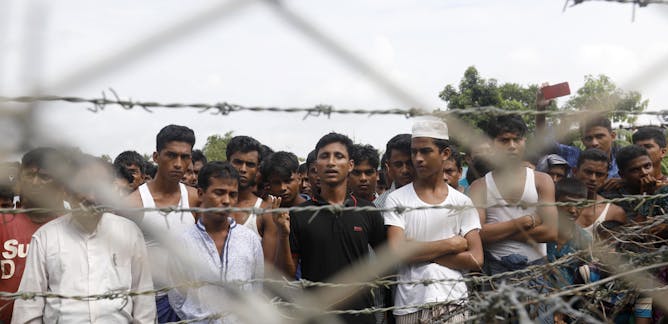
Susan Hutchinson, Australian National University
The sheer volume of pregnant women in the refugee camps was an early indicator of the extent sexual violence was used against Rohingya women and girls.
|
|
|
En español
|
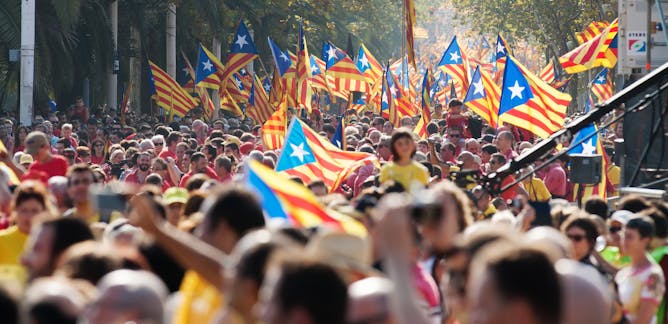
Nicolás García Rivas, Universidad de Castilla-La Mancha
Aunque a la ultraderecha le parezca una rendición por parte del Tribunal Supremo, el dictamen contiene ingredientes polémicos.
| |
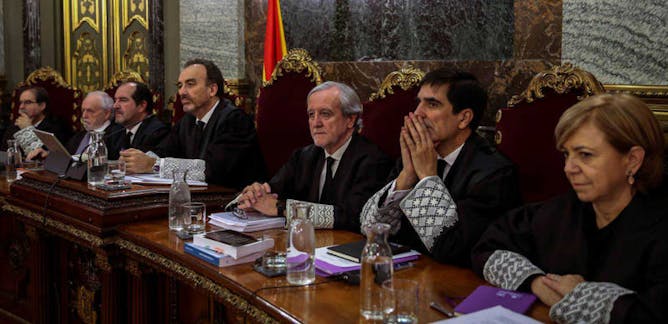
José Luis González Cussac, Universitat de València
En un Estado de Derecho todos estamos sometidos a la Ley y no se puede aceptar el privilegio de la inmunidad de la clase política. Las leyes son iguales para todos.
|
|
|
En français
|

Benjamin Coriat, Université Paris 13 – USPC; Stéphanie Leyronas, Agence française de développement (AFD)
L’alimentation est à l’agenda mondial depuis 70 ans et pourtant près d’une personne sur neuf souffre encore de malnutrition. Comment un tel écart peut-il s’expliquer ? Qui peut agir ? Et comment ?
| |

Benoît Gérard, Université Paris Dauphine – PSL; Jòan Gondolo, Université Paris 1 Panthéon-Sorbonne
Twitter fonctionne comme un petit mécanisme pénal, ayant pour effet de normaliser les comportements.
|
|
|